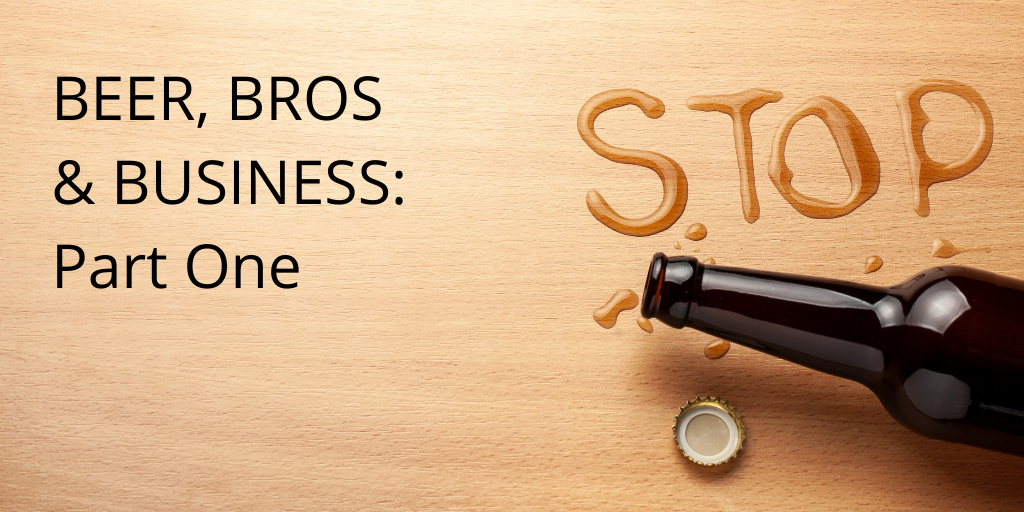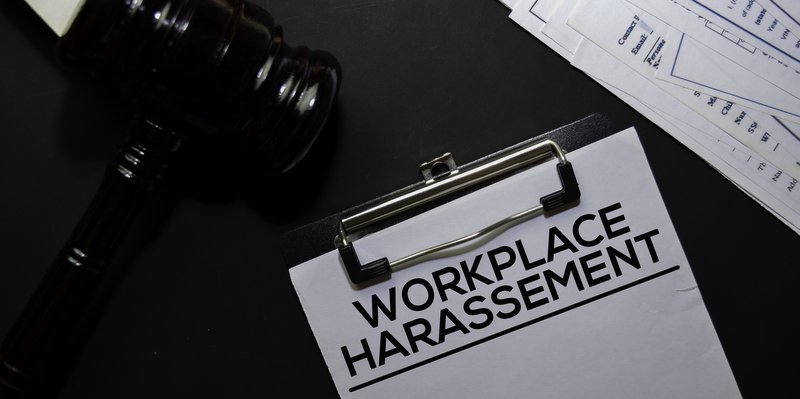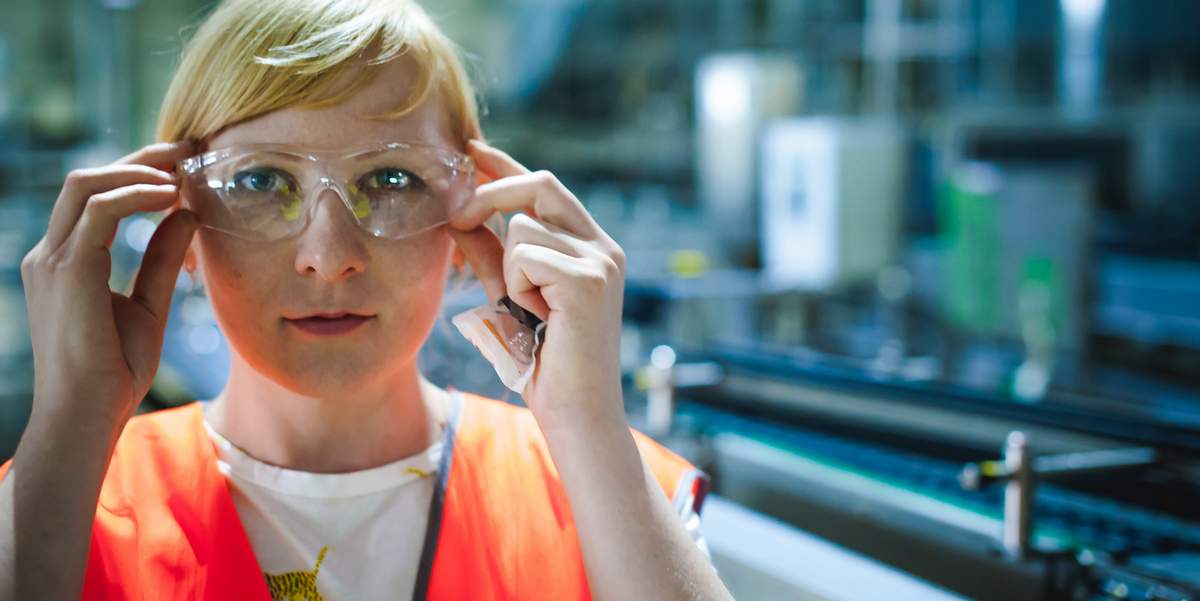
On the production floor, behind the bar, in a sales meeting, in the aisle of a liquor store, at a special event, and within distribution warehouses – sexual discrimination and misconduct occur everywhere in the beer industry. For industry veterans, the past few weeks of very public statements about sexual harassment and misogyny among beer workers, unfortunately, come as no surprise. But just because this behavior is considered the norm that “comes with the territory”, doesn’t mean that it’s acceptable.
Recently, the public eye has been focused on breweries, taprooms and festivals, but gender discrimination and abuse occurs within every tier of the beer industry, so in this four-part series we will dig into how sexual misconduct shows up in the various stages of the supply chain and how it can impact the bottom line of your beer business.
These tier stages include:
- the service tier (front of the house),
- the supplier tier (sales representatives and allied trade partners),
- the wholesale tier (those in beer distribution), and
- special events (festivals and other activities outside of your facility).
We’re going to address what harassment, misogyny, and abuse looks like in each one of these industry spaces, so that you can be more cognizant of when and where this unacceptable behavior happens, plus how and why this affects your business. Awareness, education, accountability, and progress are the main goals of this piece, so in addition to discussing how you can recognize sexual misconduct in your specific environment, we will also be providing accessible and affordable educational resources to help you make a positive change within your own company culture.
Better for Business
No person should ever have to feel unsafe in their work environment, and studies have shown that equitable and inclusive companies are more profitable overall. So there is not just a moral incentive for combating sexual discrimination, harassment, and abuse, but an economic incentive as well.
Fostering company cultures void of sexual misconduct will help you avoid costly legal fees, excessive employee turnover, frequent employee absences, and reduced productivity. Discrimination, harassment and abuse in the workplace can lead to physical and mental health issues for your employees, toxic work spaces, increased absences among team members, low employee morale, a poor reputation that will attract fewer job applicants, and decreased sales if the public decides to boycott your brand.
The first step to combatting this problem is education. Some owners and operators in beer-focused businesses simply lack the knowledge to identify when sexual misconduct is present in their environment.
Where to Start
In 2018, the Institute for Women’s Policy Research conducted a study on “Sexual Harassment and Assault at Work: Understanding the Costs” (IWPR 2018). The IWPR found that certain employment situations lead to higher rates of sexual harassment, all of which apply directly to the various tiers of the beer industry – working for tips, working in an isolated context, working in a male-dominated environment, and working in a setting with significant power differentials.
Owners and operators should also understand the context and consequences of sexual misconduct. The US Department of Justice outlines sexual assault as a criminal offense, but sexual harassment is also defined by the US Equal Employment Opportunities Commission (EEOC) as a form of employee discrimination. Legal charges can be drawn for sexual discrimination and harassment under Title VII of the Civil Rights Act of 1964, which is enforced by the US EEOC. Eight out of every ten harassment charges made with the EEOC are women, but what must be acknowledged as well is the intersectionality of victims, like their race, sexual preference, abilities, and age, which can exacerbate the severity of the situation.
Education is a large part of prevention, so investing time, effort, and money towards sexual misconduct awareness can help you create a safer company culture where harassment and abuse is less likely to occur. Currently, the Brewers Association, the MBAA, Pink Boots Society, the American Society of Brewing Chemists, and the Craft Beer HR Professionals Group have formed a coalition that will be providing education, training, and resources to assist breweries with preventative measures and problem solving resources to combat sexual misconduct.
The goal of these organizations, as well as this article series, is to assist beer business owners and operators with creating safer work environments for beer workers through education, accountability, resources, and execution, to reduce occurrences of sexual misconduct in our industry overall.
Julie Rhodes is the owner of Not Your Hobby Marketing Solutions, an educational services & consulting company that teaches sales, marketing, and management tactics to growing craft beverage businesses through industry-specific webinars, digital courses, and coaching programs. Find out more at NotYourHobbyMarketing.com or contact her directly at [email protected]





Leave a Reply
You must be logged in to post a comment.